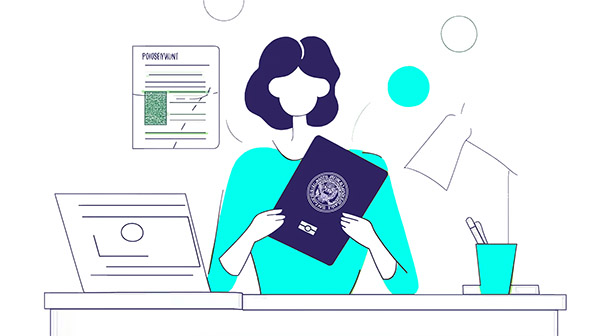
Ⅰ Visa | Policy
Do you need a visa for China?
Learn about the latest policy now.


Do you need a visa for China?
Learn about the latest policy now.
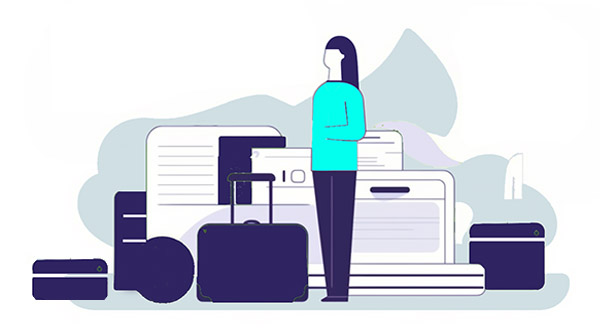
A list of items that are easy to overlook and overlooked but you’ll definitely need while traveling in China

Must-have apps in china for traveling and travel resources sharing.
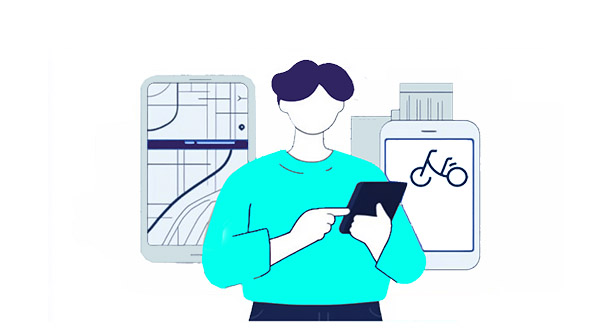
Intercity and intracity public transportation. And self-diving tour tips
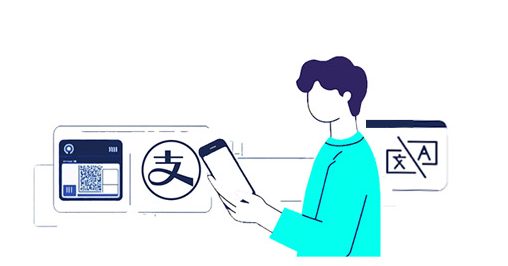
Payment service and tax refund policy for overseas visitors.
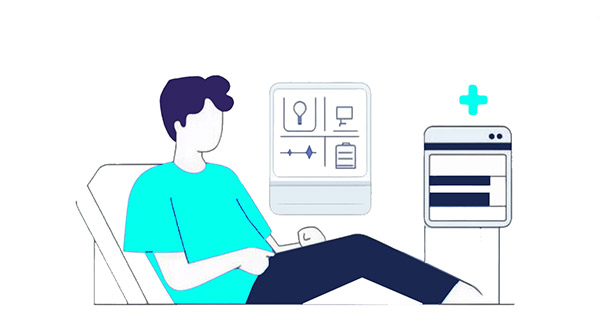
Medical Treatment and Purchasing Medication Call the police for help Emergency Contact Tap Water Extreme Weather Warnings Tips for Female Travelers Medical treatment flowchart International
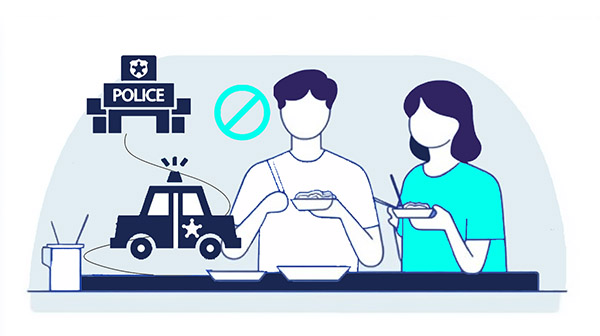
Laws & Regulations and a complete Guide to travel culture and etiquette in China.
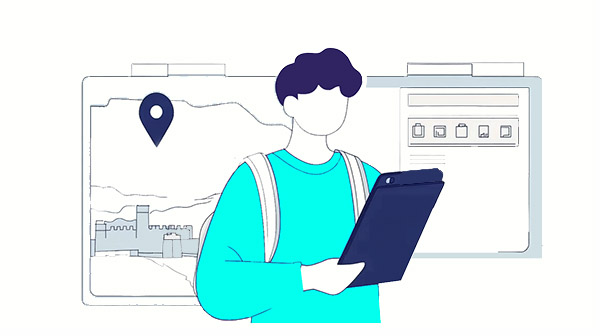
We 100% recommend making mobile payment your first choice.
China is now a thoroughly cashless society, with over 95% of merchants supporting QR code payments (even roadside pancake stalls, temple donation boxes, and street performers accept mobile payments).
You might not be fully accustomed to online payment at first, but once you experience its convenience (no need to exchange for small change, no risk of counterfeit currency, exclusive discounts, etc.), we believe you will definitely fall in love with mobile payment.

Digital payment methods such as Alipay and WeChat Pay are also widely accepted in China. As WeChat’s identity verification process can be more complex, we recommend first-time visitors to China use Alipay app’s “TourPass” feature.

On Alipay, if you complete passport-based real-name authentication and link a credit card, you can unlock more online functionalities, such as booking and money transfers.
Due to the popularity of mobile payment, using cash often leads to unexpected issues, such as merchants not having small change.
Although mobile payment is widespread, a very small number of small vendors and temple ticket offices may only accept cash. It is recommended to have ¥200-¥500 RMB in cash for emergencies.
Before departure, notify your home bank to activate overseas withdrawal.
For optimal rates, avoid weekends (markets closed; hotels/banks widen spreads).
Overseas Bank Cards with logos like Visa, Mastercard, and JCB are widely accepted throughout China, including at airports, hotels, shopping malls, restaurants, tourist sites, and exhibition halls.
Chinese bank cards with UnionPay are accepted at all merchants with POS terminals.
In China, fewer people have the habit of frequently using bank cards. If you want to explore more interesting local small shops, relying solely on bank cards might present some inconveniences.
Contact your bank to confirm that your card works in mainland China. Certain cards may require prior authorization from the issuer.
Visitors from overseas, as well as from Hong Kong, Macao, and Taiwan, who leave mainland China via a designated port of departure.
Visitors must have been in mainland China for no more than 183 consecutive days before the departure date.
A minimum purchase of 500 RMB in a single tax-free shop on one day.
The goods must be new and unused.
The purchase date of the tax-refundable goods must be no more than 90 days before the departure date.
Tax is refunded at a rate of 11% of the total price (including VAT).
A 2% administration fee will be deducted by the tax refund agency.
Refund is provided in RMB.
Refund can be made either in cash or via bank transfer.
If the refund exceeds 10,000 RMB, it must be paid by bank transfer.
Service Numbers
State Taxation Administration:

I am text block. Click edit button to change this text. Lorem ipsum dolor sit amet, consectetur adipiscing elit.
Copyright © All Right Reserved